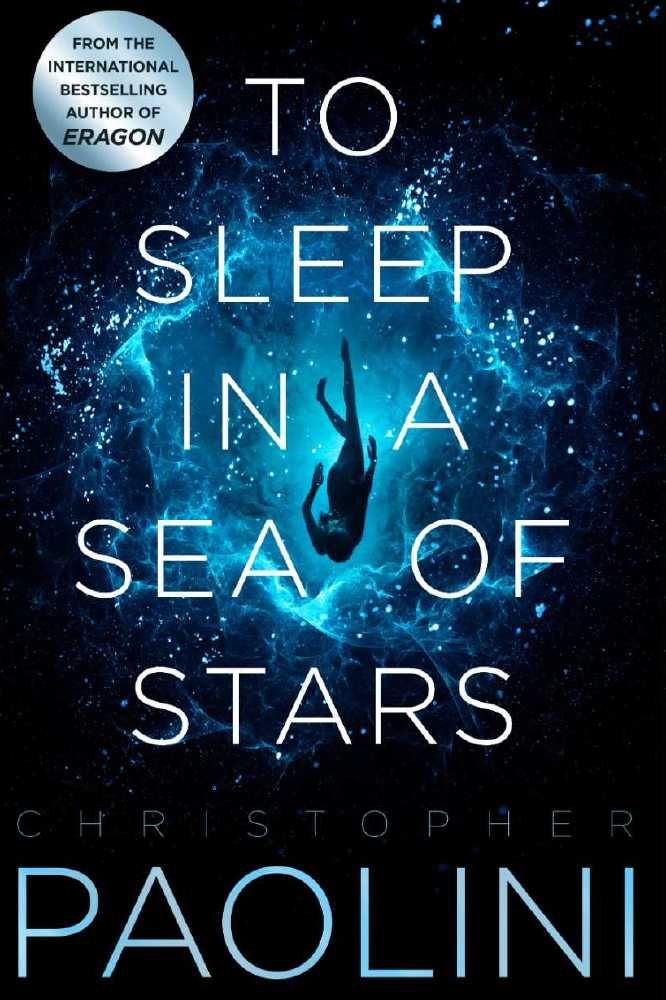On publication of his debut adult novel To Sleep in a Sea of Stars, Eragon author talks to exclusively to Female First about achieving his goals.

To Sleep in a Sea of Stars
Trust the process.
That’s it. That’s the secret. Now you know how to succeed at life. All you have to do is follow the steps that will lead to your goal.
Of course, it’s not quite so simple, is it? If it were, everyone would have the lives they want. The trick is twofold. First, you have to identify your goal(s). This is important, but it’s also where most people get hung up. As important as goals are, the process is more important.
Let’s say you want to be a concert violinist. An admirable goal. However, simply setting that goal and wishing it were so won’t get you any closer to achieving it. Rather, you have to actively pursue that outcome if you’re to have any chance of success. And we all know the sorts of steps you would have to take: get an instrument, find a teacher, and—most importantly—practice. That’s the process. That’s how you get from where you are to where you want to be.
So, you have a goal. Excellent. The second part of this trick is deciding which process will best allow you to achieve your goal. This is where one might look to the experts in your field. Humans are clever monkeys—the cleverest, in fact—and we’ve figured out a lot of efficient ways to do things. Want to be a sprinter? There are programs for that. Ditto for being a lawyer or a physicist or a deep sea diver or any number of other careers. Things get a bit more hazy when you move into the arts, but even there you can find well-defined guidelines.
In my case, my goal was to write a book (To Sleep in a Sea of Stars). From experience, I knew that if I wrote one to two thousand words per day, I would have a first draft by the end of a year. That was my process. And that was what I focused on. Each day, all I really had to think about was how to get one to two thousand words written. If I got more, great, but I wouldn’t stop until I had the minimum, and as long as I had that minimum, I knew I’d achieve my larger goal.
The same holds true in so many other areas, whether it be health/fitness, relationships, or writing giant space operas.
Small changes over large periods of time add up to enormous accomplishments. Which is one reason why I fervently believe that every young person should learn at least one skill-based activity. The activity could be sports, chess, writing, maths, carpentry . . . the subject hardly matters as long as it lets the participant see how it’s possible to make steady, long-term gains as a result of consistent (hopefully daily) practice. Of course, the experts don’t always know what’s best, and what works for one person may not work for another. That’s where creativity and experience come in. But even then, it’s better to focus on small, daily, repeatable victories instead of trying to do everything all at once.
That all-or-nothing mentality is an excellent way to get hurt (sometimes literally) or burned out. Far better to work slowly and surely, building brick-by-brick the edifice you hope to create. Because that is the true path to success.
Set the goal. Identify the process. Work hard. And go forth and be awesome.

